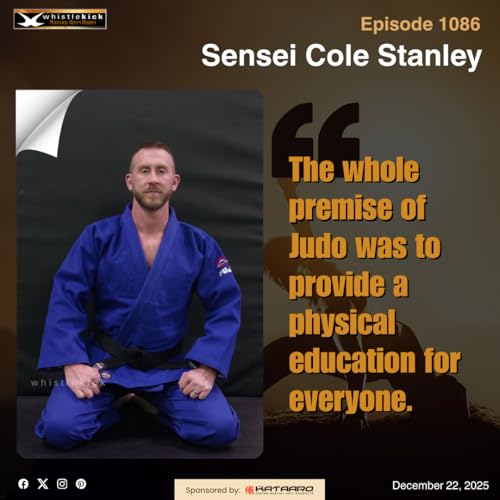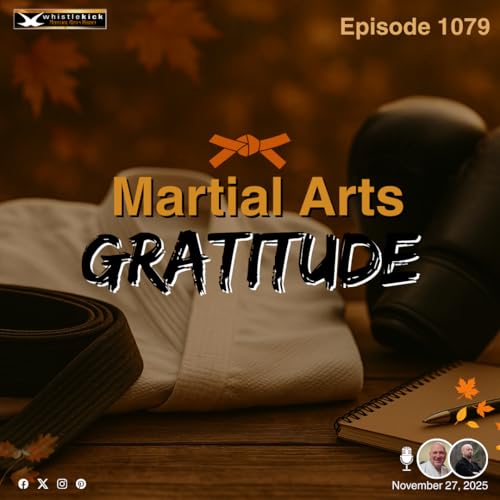SUMMARY
In this conversation, Steve Pearlman discusses the principles of martial arts, emphasizing the importance of understanding Newton's third law of motion and how it applies to martial arts training. He shares his experiences of training, the joy of community, and the role of humor in martial arts. The discussion also covers the evolution of training perspectives, the significance of confidence over mere skills in self-defense, and the philosophical approach to avoiding fights. Pearlman reflects on his journey from being a technique collector to understanding deeper principles and theories in martial arts, highlighting the impact of cross-training on his understanding of the art. Pearlman also discusses the journey of writing about martial arts, the need for a comprehensive martial arts canon, and the significance of community within the martial arts world. The dialogue highlights the unique nature of martial artists as individuals who engage in selfless acts for the growth of others, fostering a deeper understanding of their craft.
TAKEAWAYS
-
Newton's third law of motion applies to martial arts.
-
Training should be enjoyable and community-oriented.
-
Early training can be serious, but it evolves over time.
-
Training should focus on principles, not just techniques.
-
Cross-training reveals universal principles across martial arts.
-
Understanding body movement is crucial in martial arts.
-
Theoretical knowledge must translate into practical skills.
-
Depth in training is more beneficial than surface-level exposure.
-
Finding a good teacher and system is essential for growth.
-
Principles should guide martial arts practice rather than just styles.
-
The martial arts community lacks a definitive text akin to 'The Art of War.'
To purchase the books discussed in todays interview, please visit:
Martial Theory: Pearlman Ph.D., Steve: 9781735942223: Amazon.com: Books
This episode is sponsored by Kataaro. Please check out their site at Kataaro Custom Martial Arts Products for your holiday gift giving needs. Be sure to check out their Martial Arts Belt Pagoda Display!
And use the code WK10 to save 10% off your first order. And be sure to ask them about a wholesale account for school owners!
Join our EXCLUSIVE newsletter to get notified of each episode as it comes out!
Subscribe — whistlekick Martial Arts Radio
 1 hr and 2 mins
1 hr and 2 mins Dec 22 20251 hr and 13 mins
Dec 22 20251 hr and 13 mins 55 mins
55 mins Dec 15 20251 hr and 9 mins
Dec 15 20251 hr and 9 mins 3 mins
3 mins Dec 11 202521 mins
Dec 11 202521 mins Dec 8 202532 mins
Dec 8 202532 mins Dec 8 202554 mins
Dec 8 202554 mins
